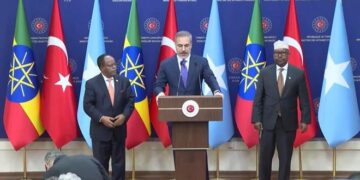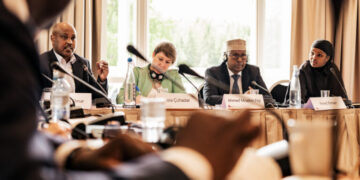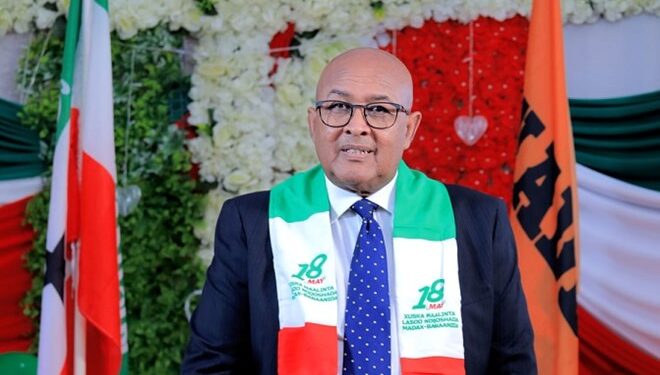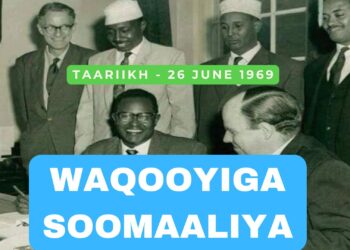Somaliland is heading down a dark path without a clear direction that can be easily navigated. This administration will face uncertainty even if Muse Bihi loses the election at the end of this year.
The Waddani Party, which is currently the frontrunner to win the election, lacks a vision beyond removing Muse Bihi from power and replacing him with Abdirahman Irro, who belongs to the Garxajis clan. However, it will be difficult for them to govern Somaliland smoothly when the land and its people are divided.
Everyone would like to know Irro’s stance on Ethiopia’s ambitions regarding the Red Sea, particularly along the coasts of the Awdal region.
I read a post by Abdirahman Irro on X (formerly Twitter) dated August 25, 2024, marking one year since Somaliland forces were forcefully expelled and defeated after several months of fighting in Las Anod.
Abdirahman Irro must choose between two paths, each marked with signs that distinguish truth from falsehood.
If he seeks to maintain the dream of an independent Somaliland to appease those longing for secession, he will have to continue the path of confusion, much like his predecessor Muse Bihi. On the other hand, if he desires a united Somali Republic grounded in reason and equality for all Somalis, he must first reveal the truth to the many who have been misled by the narrative of secession over the past 33 years.
What is the problem?
Somaliland today is little more than a name. Its people are divided along clan lines, with political parties that are also clan-based. If things spiral out of control, there is no trustworthy council of elders to mediate and guide Somaliland towards peace and wisdom.
The traditional elders of Somaliland lost their influence when Muse Bihi led the region into conflict, turning a peaceful territory into a war zone. The greatest irony is that this conflict has led to the destruction of Somaliland’s forces, despite repeated calls from Somalia and the international community for an end to the fighting and destruction in Las Anod, which has now dragged on for over eight months.
Muse Bihi is known as a military man with a reputation for ruthless action. His infamous quote, “I will not seek blessings when I can kill,” reflects his approach—if he can kill, he will. However, this mindset no longer holds sway in Gooja-Cadde, where the sound of battle has fallen silent.
It was clear that Muse Bihi could not rule Las Anod through force, given the region’s strong support from Puntland and other Somali territories. Waddani’s candidate, Abdirahman Irro, realizes that time is against him and that the situation has spiraled out of control. He knows that he cannot negotiate with the SSC-Khaatumo, who will likely demand the handover of Muse Bihi, Mohamed Kahin, and Nuh Taani—three individuals closely tied to their clan.
If elections take place this November in the Somaliland-controlled areas, there is a strong possibility that Muse Bihi will manipulate the results. Should this happen, Waddani’s hopes of winning under Abdirahman Irro would be dashed, potentially plunging the region into renewed civil conflict.





























